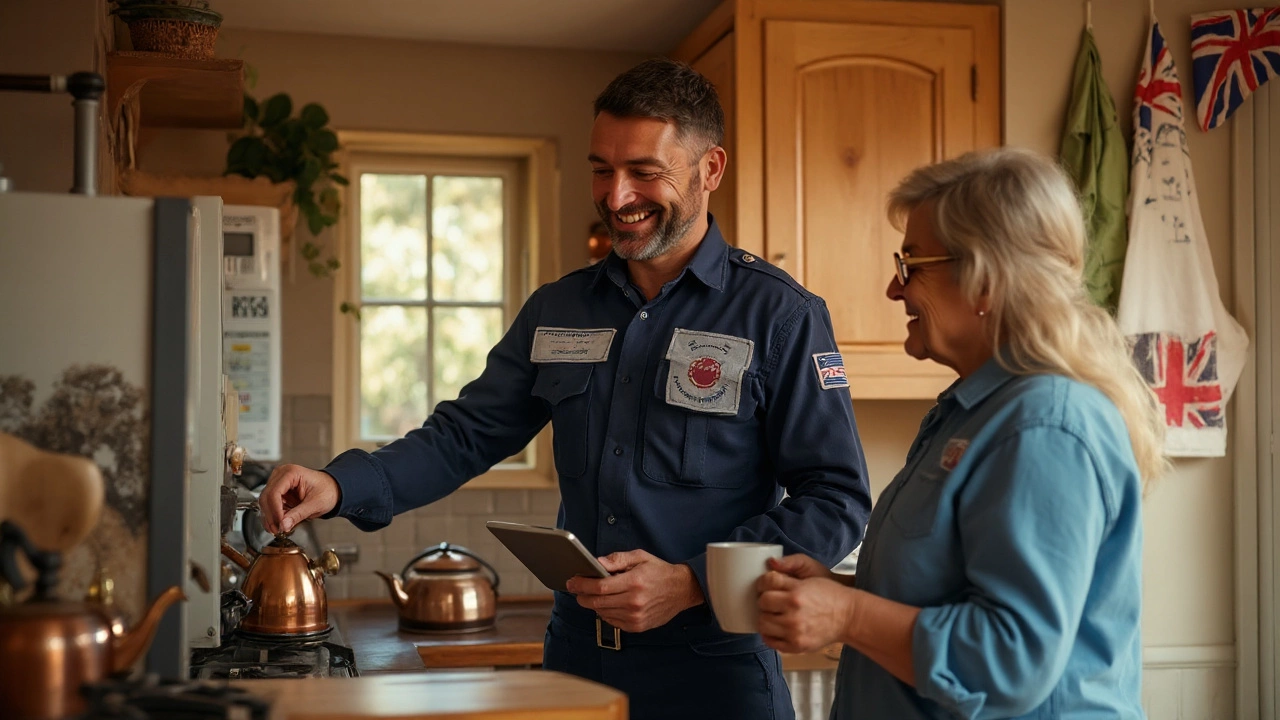
Learn who is legally allowed to service your boiler, why certification matters, costs, and how to pick the right professional for safe, compliant heating maintenance.
If your home feels chilly or you hear odd noises from the heating, a boiler inspection is often the first fix. Think of it as a health check for the heart of your heating. A qualified technician will look at the main parts, test performance, and spot any safety hazards before they become costly breakdowns.
First, the engineer shuts off the power and gas, then removes the boiler’s outer cover. They’ll check the pressure gauge, look for leaks, and clean the burner and heat exchanger. A dirty burner can cause uneven heating and raise your energy bill, so cleaning it is a quick win.
Next, they test the flame and the safety valves. The flame sensor makes sure the gas burns correctly; a faulty sensor can trigger a shutdown or, worse, a gas leak. The pressure relief valve is like a safety valve on a pressure cooker – it lets excess steam out to keep the system from exploding.
Finally, the technician runs a diagnostic scan on the control board and monitors the system’s efficiency. They’ll note any error codes and explain what they mean. If they find a cracked pipe or a corroded pump, they’ll recommend replacement before the issue worsens.
Most boiler inspections finish in 45 to 90 minutes. The exact time depends on the boiler’s age, model, and how clean the surrounding area is. A tidy utility room lets the technician move around easily and reduces the chance of hidden grime slowing the process.
Here are three quick tips to keep the job under two hours:
When the inspection is done, the technician will give you a written report. It’ll list any parts that need replacing, recommended service intervals, and tips to keep the system running efficiently. Following those tips can add years to your boiler’s life and keep heating bills low.
In South Shields, many homeowners skip the inspection until something breaks. That approach often leads to emergency repairs and higher costs. A regular inspection, preferably once a year, catches problems early and gives you peace of mind during the cold months.
So, next time you hear a whistling sound or notice the temperature dropping, book a boiler inspection. It’s a small investment that saves you from big headaches later.

Learn who is legally allowed to service your boiler, why certification matters, costs, and how to pick the right professional for safe, compliant heating maintenance.